

Originally issued on Marco Polo, these performances make a welcome reappearance on the Naxos label. Villa-Lobos used the “Chôro”, a popular type of urban street
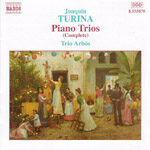
Madrid-based Trío Arbós offers a compellingly performed survey of Joaquin Turina’s four piano trios, works that document the evolution of his singular style, which was
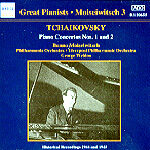
Naxos’ third Benno Moiseiwitsch release features the great pianist’s mid-1940s recordings of Tchaikovsky’s first and second piano concertos, with the reliable George Weldon conducting. Moiseiwitsch
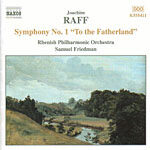
In his massive, five-movement Symphony No. 1 “To the Fatherland” (1861), Joachim Raff (1822-82) set out to describe in music the character and high aspirations
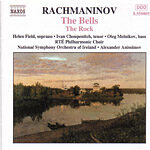
In his atmospheric rendition of Rachmaninov’s The Rock, conductor Alexander Anissimov delights in the Rimsky-Korsakov-style fantasy of the music while emphasizing its drama, making this
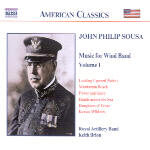
Naxos’ laudable project to record the complete Sousa for wind band should excite the interest of anyone who cares about this marvelous, comparatively neglected (at
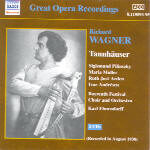
Had Arturo Toscanini not been under contract to Victor, he certainly would have conducted Columbia’s abridged 1930 Bayreuth recording of Wagner’s Tannhäuser in its 1861
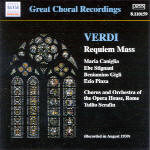
Admirers of Tullio Serafin’s 1939 Verdi Requiem may be familiar with at least four previous CD transfers: Mark Obert-Thorn’s on Pearl; one by Michael Dutton
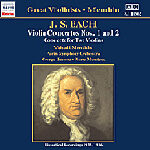
Those who claim that Yehudi Menuhin’s violin playing reached its technical apogee during his teens will get no argument from these quarters. His Bach recordings

Artur Schnabel’s interpretations almost always reflect his forceful, inquiring musicianship and a higher, more flexible level of pianism than often accredited. His post-war Schumann Kinderszenen,
![]()
